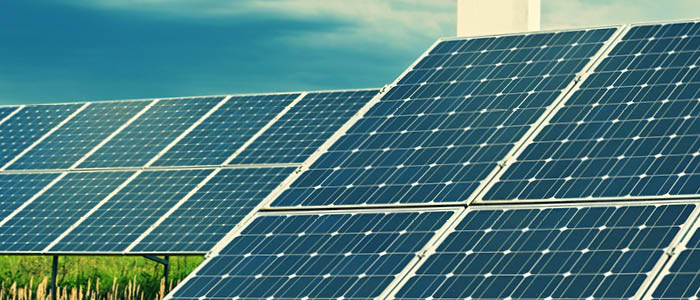Schoenherr has advised Siemens Energy Holding on the acquisition of a 76% stake in Slovenia-based Gridpulse from Mosdorfer and C&G Skupina Investiranje in Svetovanje. Advant Beiten reportedly advised the sellers.
Hot Practice in Greece: Prokopis Linardos on Your Legal Partners' Energy Practice
Greece’s renewable energy sector has been experiencing a surge in activity, according to Junior Partner Prokopis Linardos. Prokopis discusses the rise of corporate PPAs, the impact of streamlined licensing processes, and the growing focus on energy storage and offshore wind projects while reflecting on the country’s ambitious decarbonization targets and what the future holds for the sector.
Lambadarios Advises Piraeus Bank on Financing of Pumped Hydro Storage Station in Amfilochia
Lambadarios has advised Piraeus Bank on the EUR 620 million financing of a Terna Energy pumped hydro storage station in the municipality of Amfilochia, Western Greece. Marinos | Petroulias & Partners reportedly advised Terna Energy.
Sayenko Kharenko Advises Ukrnafta on Acquisition of Shell Gas Station Network in Ukraine
Sayenko Kharenko has advised PJSC Ukrnafta on its acquisition of a 51% stake in Alliance Holding, which owns a network of 118 Shell-branded gas stations across Ukraine.
Closing: UEG's Acquisition of 250-Megawatt Simeonovgrad-Polyanovo PV Project Now Closed
On December 6, 2024, Kinstellar announced that UEG's acquisition of the 250-megawatt Simeonovgrad-Polyanovo PV project (as reported by CEE Legal Matters on April 10, 2024) has now closed.
Agnieszka Skorupinska Joins Baker McKenzie as Partner
Former Rymarz Zdort Maruta Partner Agnieszka Skorupinska has joined Baker McKenzie as a Partner in its International, Commercial and Trade practice. She will lead the firm's Warsaw-based sustainability and energy transition practice.
Closing: Abu Dhabi Future Energy Company's Acquisition of Terna Energy Now Closed
On December 2, 2024, Bernitsas Law announced that Abu Dhabi Future Energy Company's acquisition of Terna Energy (previously reported by CEE Legal Matters on June 24, 2024) has now closed.




















